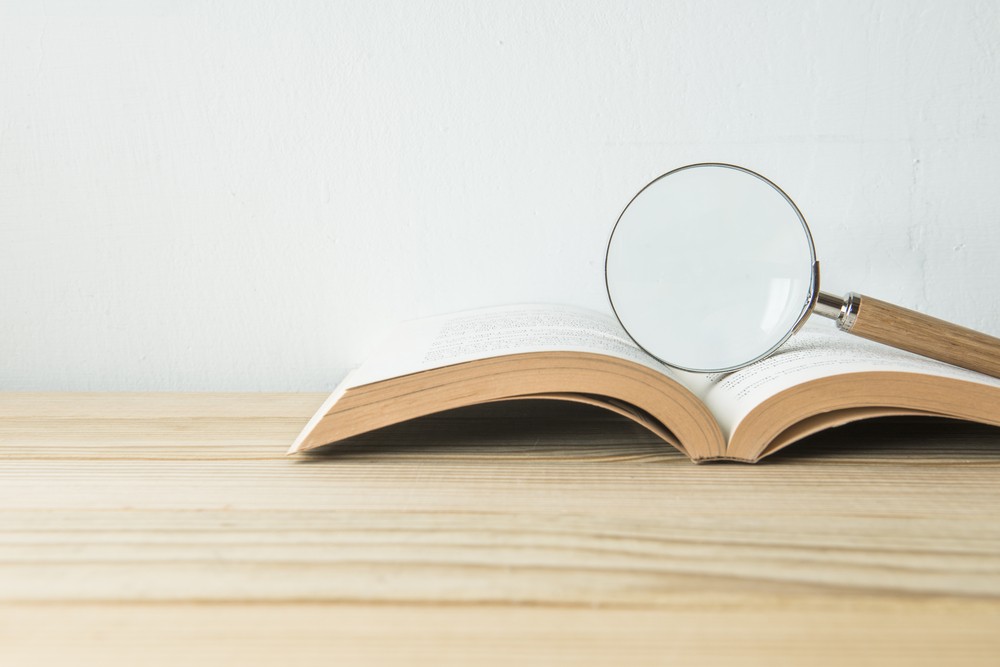Popular Reads
Top Results
Can't find what you're looking for?
View all search resultsPopular Reads
Top Results
Can't find what you're looking for?
View all search results10-minute rests can improve memory, says study
A new study revealed that after learning something new, a 10-minute rest will make us more likely to retain that piece of information.
Change text size
Gift Premium Articles
to Anyone
A
new study has shown that by resting for 10 minutes after learning something new, we are more likely to retain that piece of information.
The study, funded by the Alzheimer’s Society, was conducted by a team at Heriot-Watt University in Scotland, in the United Kingdom. It also found that a quiet rest not only helps our ability to retain newly learned information but to retain more detailed memories as well.
A research fellow at Heriot-Watt University, Michael Craig, explained to Neuroscience News that “recent research suggests that the memory system strengthens weak new memories by ‘reactivating’ them, where brain activity first observed during learning automatically reappears in the minutes that follow. This appears especially true during sleep and quiet resting, when we’re not busy taking in any new sensory information.”
“We think that quiet resting is beneficial because it is conducive to the strengthening of new memories in the brain, possibly by supporting their automatic reactivation. However, we don’t know exactly how this rest-related memory strengthening works. Specifically, it remained unknown whether quiet resting only allows us to retain more information, or whether it also helps us to retain more detailed memories.”
Read also: Study backs daily consumption of curcumin for your memory, mood
Craig and fellow researcher Michaela Dewar developed a memory test that can detect small differences in new memories. They then plan on expanding upon their findings by looking further into what the brain does during rest periods, by combining said test with EEG recording to monitor brain activity.
“In this memory test, peoples’ ability to discriminate between ‘old’ and ‘similar’ photos provide a measure of how detailed stored memories are. If detailed memories are stored, people should notice subtle differences in similar photos, and correctly respond ‘similar’,” said Dr. Craig. “However, if not-so detailed memories are stored, people should miss the subtle differences in similar photos, and mistake them for ‘old’ photos."
“Interestingly, we found that younger adults who quietly rested in the minutes that followed the photo presentation were better at noticing subtle differences in similar photos, suggesting that these individuals stored more detailed memories, compared to those who did not rest. This new finding provides the first evidence that a brief period of quiet rest can help us to retain more detailed memories.” (sul/wng)











